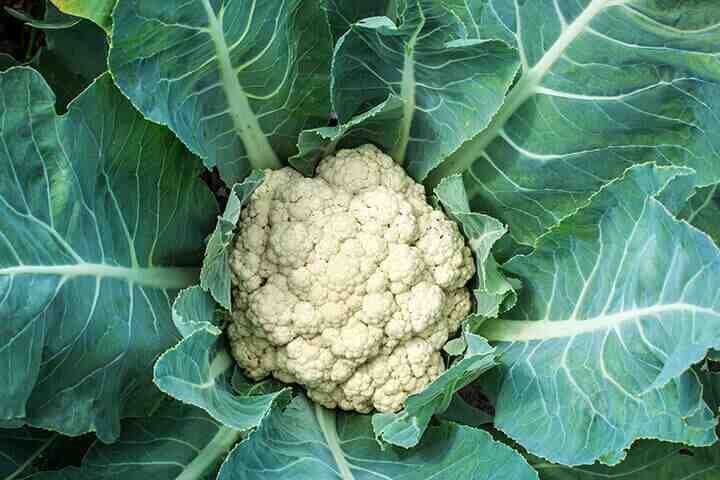Yes, horses can eat watermelon. In this article, we explored the suitability of watermelon as a treat for our equine companions, we tried our best to target every point related to the healthy as well as unhealthy relationship between horses and watermelon. So let’s get right into it dear horse enthusiast!
Equine Nutrition
Natural Herbivores
- Horses are herbivores with a digestive system designed for processing fibrous vegetation. While their primary diet consists of hay and grass, occasional treats can be introduced if they align with their nutritional needs.
Watermelon Composition
- Watermelon is composed mainly of water, natural sugars, and some essential vitamins. While it can offer hydration, it is important to consider the sugar content and overall nutritional balance.
Hydration Benefits Feeding Watermelon to horses
- The high water content in watermelon can contribute to hydration, especially in hot weather. Offering small, bite-sized portions can be an enjoyable and hydrating experience for horses.
Moderation is Key
- Despite its hydrating benefits, the sugar content in watermelon should be monitored. Excessive consumption of sugary fruits can lead to digestive upset and weight management issues.
Watermelon Seed Removal
- Before offering watermelon to horses, it is advisable to remove seeds and rind. The seeds may pose a choking hazard, and the rind can be challenging for horses to digest.
Practical Tips for Feeding Watermelon to Horses
Occasional Treat
- Watermelon should be viewed as an occasional treat rather than a staple in a horse’s diet. This ensures that the nutritional balance of their primary feed remains intact.
Feeding Portion
- Introduce watermelon gradually and in small portions. This allows the horse to adjust to the new treat and helps the owner monitor any adverse reactions.
Allergies
- Some horses may have allergies or sensitivities to certain fruits. Observing the horse for any signs of discomfort or digestive issues is crucial.
Feeding horses treats like watermelon can be a fun experience, but it’s important to do so in moderation and with an understanding of what is safe for them to consume. Here are some guidelines regarding horses and watermelon:
How much watermelon can a horse eat?
Horses can eat watermelon in moderation. Like any treat, it should be given as an occasional snack and not as a significant part of their diet. Too much fruit can contribute to an imbalance in their nutritional intake.
Can horses eat the seeds in watermelon?
In small quantities, watermelon seeds are generally safe for horses to eat. However, it’s a good practice to remove seeds when offering watermelon to reduce the risk of choking or digestive issues. Large amounts of seeds could potentially cause a blockage in the digestive tract.
Is there any fruit that horses can’t eat?
While many fruits are safe for horses to eat in moderation, some should be avoided or given sparingly. Examples include citrus fruits (which can be too acidic), avocados (which contain a substance called persin that can be toxic to some animals), and pits or seeds from certain fruits (which may pose a choking hazard).
Can watermelon rind be eaten?
Yes, horses can eat watermelon rind, but it should be given in moderation. Remove the green outer skin and offer small, bite-sized pieces. Some horses may not find the rind as palatable as the flesh, so it’s essential to observe your horse’s preferences.
Can I give my horse a whole watermelon?
While horses may enjoy watermelon, feeding them a whole watermelon is not advisable. Large quantities of any treat, including watermelon, can lead to digestive upset or colic. It’s best to offer watermelon in small, manageable portions.
Is watermelon safe for horses to eat?
Yes, watermelon is generally safe but in moderation. It’s a hydrating and tasty treat that many horses enjoy. However, remember the following tips:
- Moderation is Key: Offer watermelon as an occasional treat, not a regular part of their diet.
- Remove Seeds: While small amounts of seeds are generally safe, it’s better to remove them to prevent choking or digestive issues.
- No Added Sugar or Salt: Avoid giving your horse watermelon with added sugars or salts, as these can be harmful.
Always monitor your horse’s reaction to new treats and introduce them gradually to ensure they tolerate them well. If you have any concerns or specific dietary questions, consult with your veterinarian for personalized advice based on your horse’s health and individual needs.
Conclusion
In conclusion, horses can indeed enjoy the occasional indulgence of watermelon. However, it’s imperative to offer it in moderation, considering the sugar content and potential digestive implications. As responsible caretakers, understanding the nutritional needs of horses ensures that treats like watermelon enhance their well-being without compromising their health.
Remember, consulting with a veterinarian regarding the introduction of new treats to your horse’s diet is always a prudent step, in ensuring their health and happiness.
FAQs
1. Can horses eat watermelon seeds?
- In small quantities, watermelon seeds are generally safe for horses, but it’s advisable to remove them to prevent any potential choking.
2. What fruits should be avoided as treats for horses?
- Some fruits, like citrus fruits, avocados, and fruits with pits, should be avoided due to potential toxicity or choking hazards.
3. How often can I give treats to my horse?
- Treats should be given in moderation, preferably as occasional rewards and not as a substantial part of the equine’s daily diet.
4. Can horses eat the rind of watermelon?
- While horses can eat watermelon rind, it’s recommended to offer only the inner, seedless part to avoid any digestive issues.
5. What is a safe way to tie the rope under the jaw?
- When tying the rope under the jaw, ensure it is snug but not too tight to avoid discomfort for the horse. Familiarize yourself with secure knots, such as the fiador knot.







